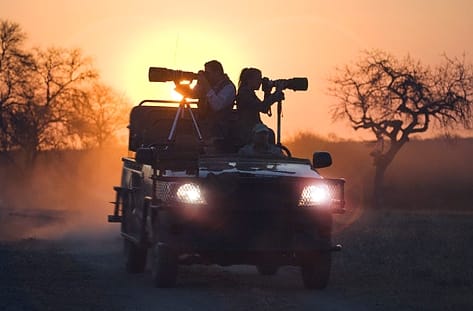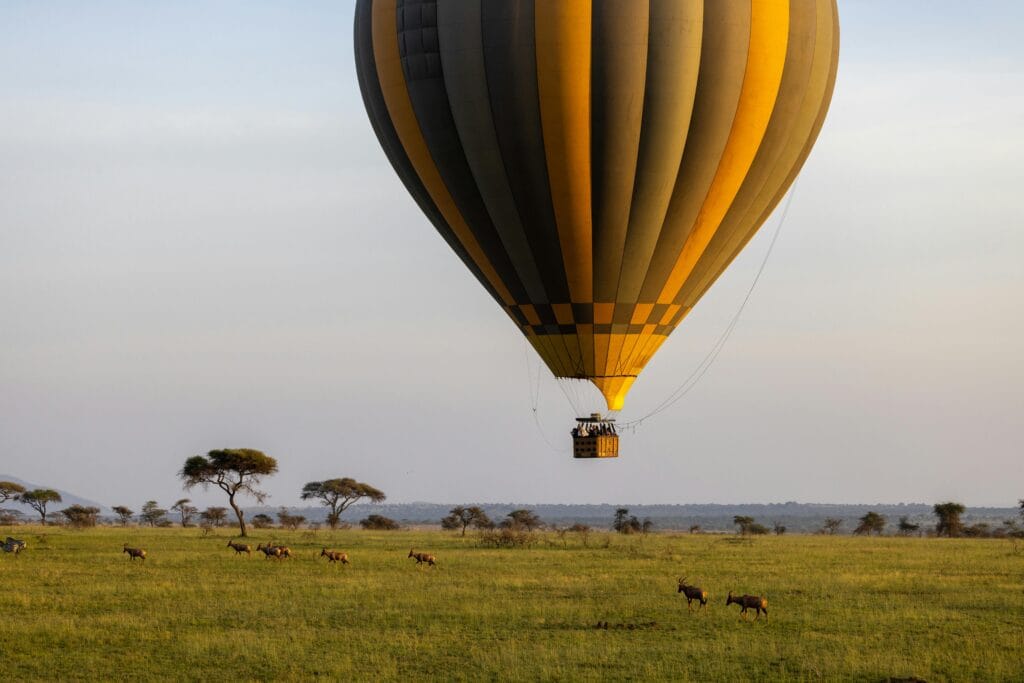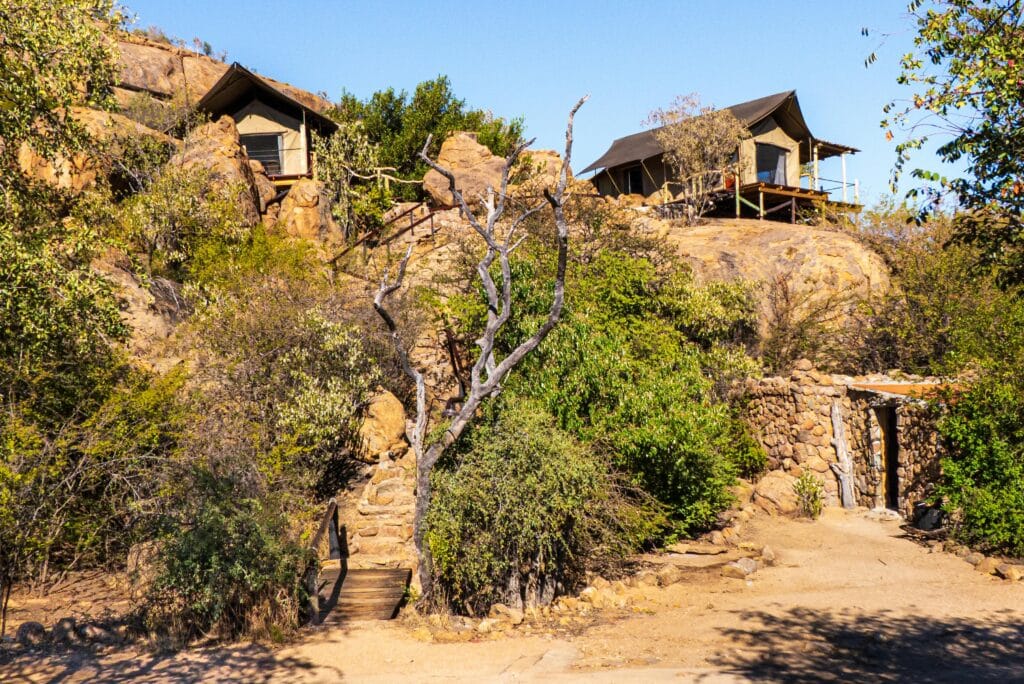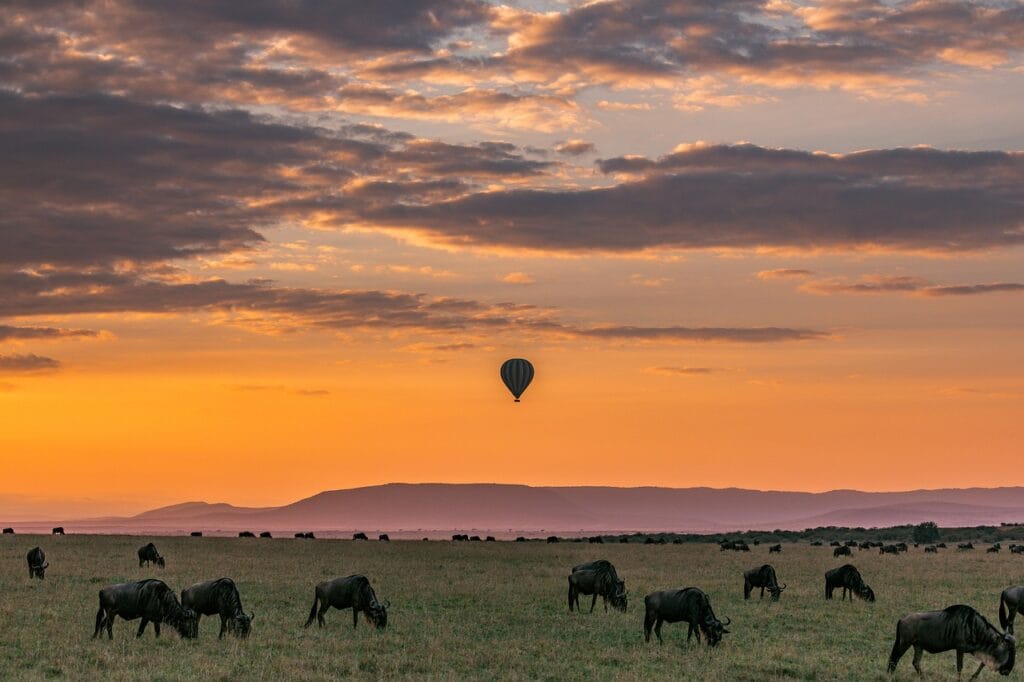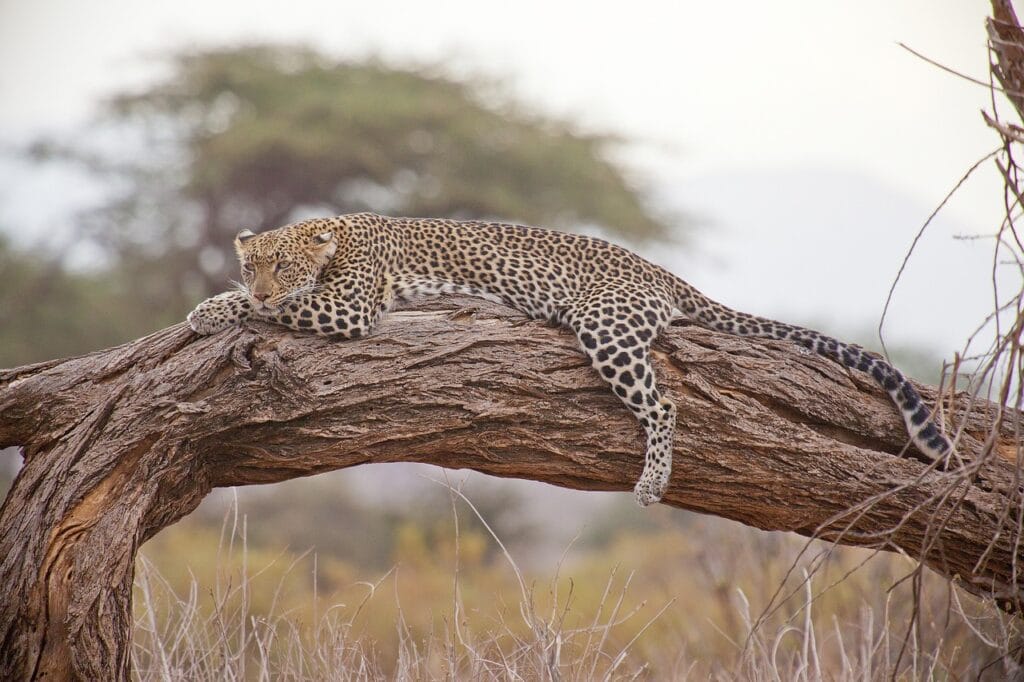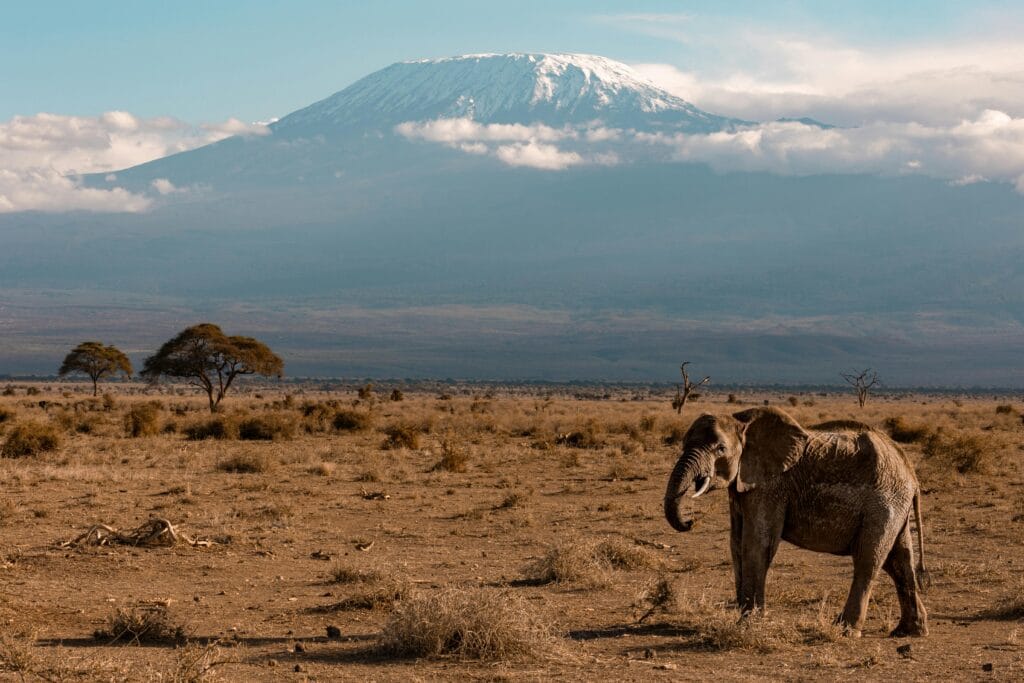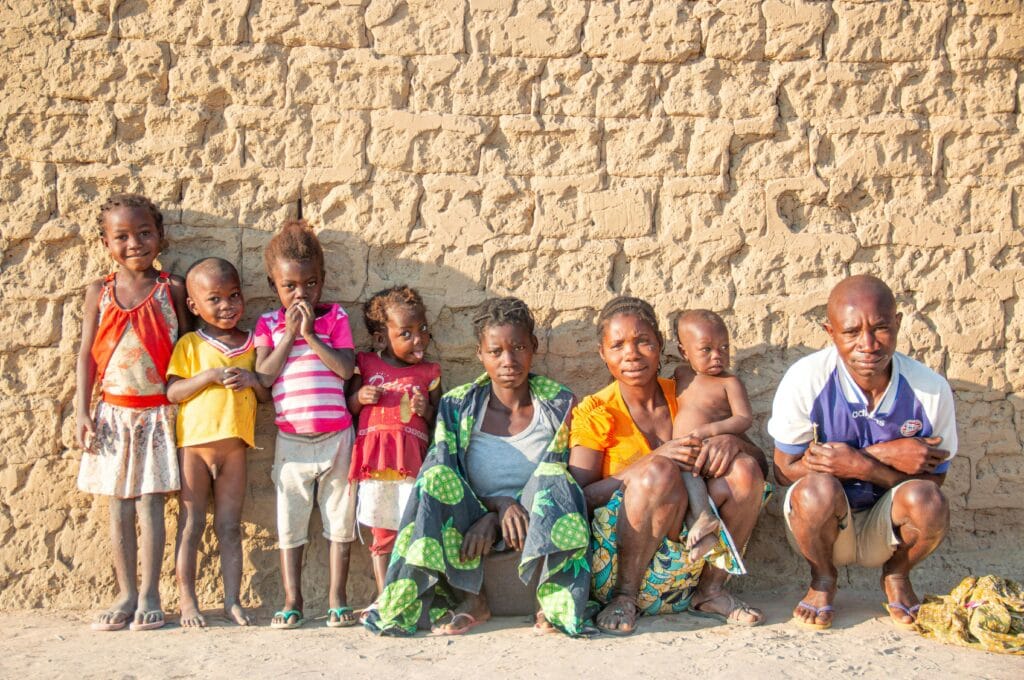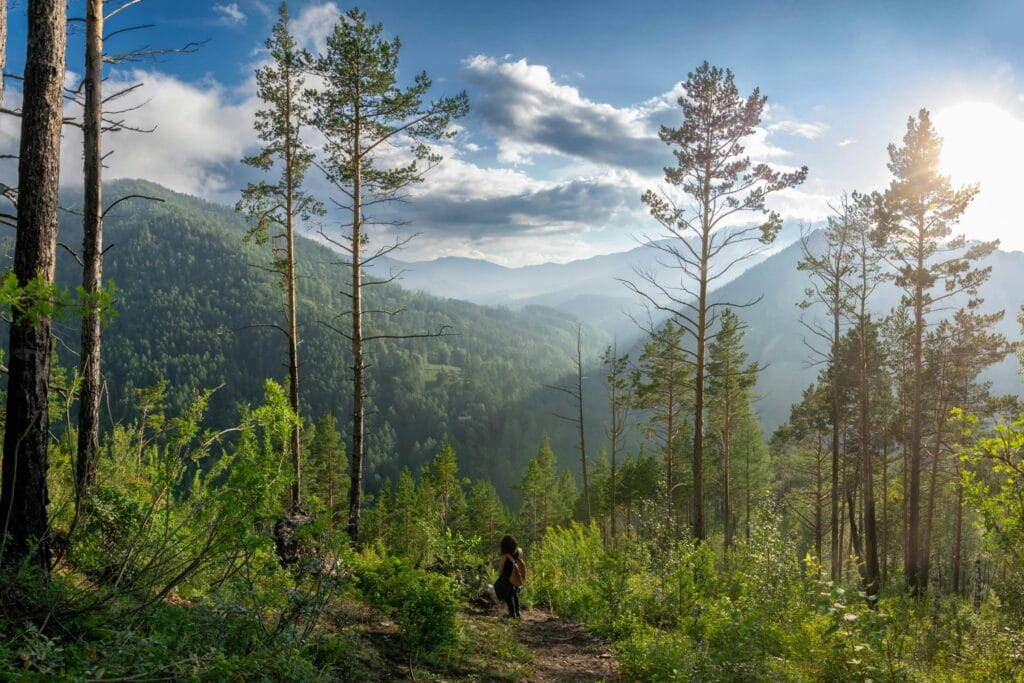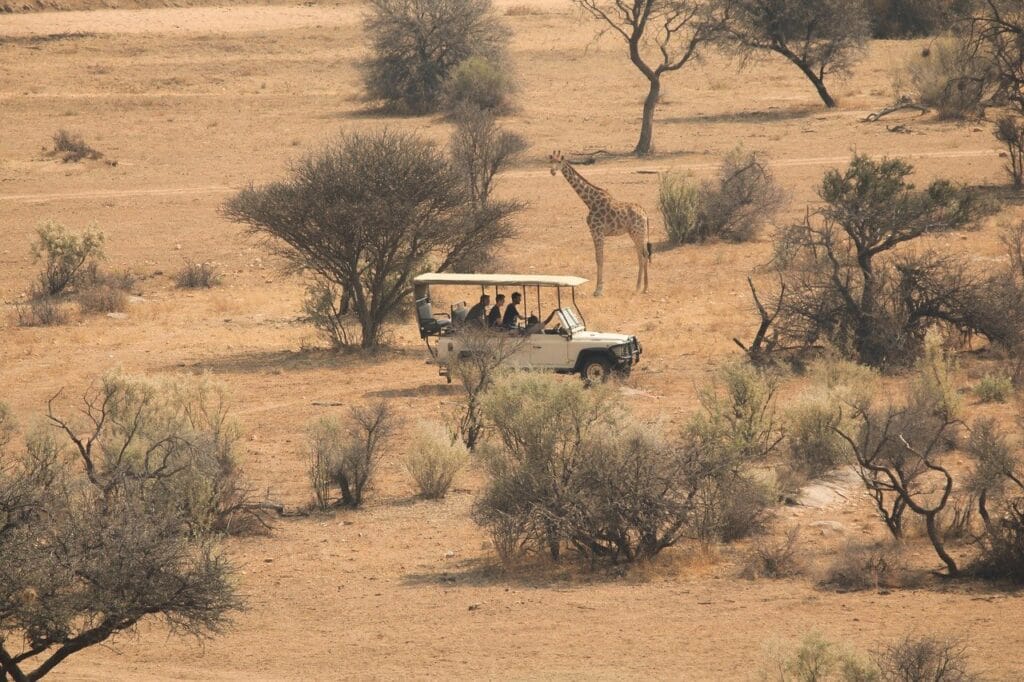Private Night Safaris in Tanzania: Unveil the Nocturnal Wonders of the Wild
When the sun sets over Tanzania’s vast landscapes, a different world awakens. Private night safaris offer a rare and thrilling opportunity to witness the nocturnal side of Africa’s wilderness. These exclusive experiences reveal elusive creatures and behaviors hidden from daytime visitors, creating an unforgettable adventure. Here’s everything you need to know about embarking on a private night safari in Tanzania. https://www.youtube.com/watch?v=xi0Tymos8X0 Why Choose a Night Safari? Unique Wildlife Encounters: Discover animals rarely seen during the day, including nocturnal predators and shy creatures. Different Perspective: Experience the thrill of the African bush under starlit skies, with sights and sounds unlike any daytime safari. Exclusive Experience: Private night safaris offer a more personalized and intimate exploration, tailored to your interests. What to Expect on a Night Safari 1. Setting Off at Dusk Your journey begins as twilight descends. With expert guides and specialized vehicles equipped with spotlight technology, you’ll navigate through the darkened landscape, where every shadow holds a story. 2. Nocturnal Wildlife Highlights Big Cats on the Hunt: Lions and leopards are more active at night. You might witness a thrilling chase or hear the distant roar of a lion. Elusive Creatures: Look for servals, genets, and bush babies, which are rarely spotted during the day. Night Birds: Owls and nightjars dominate the evening skies, their calls echoing through the darkness. Glowing Eyes: Many animals’ eyes reflect light, creating a captivating sight as they watch from the shadows. 3. The Sounds of the Night The night safari isn’t just about what you see—it’s also about what you hear. The chorus of frogs, the calls of nocturnal birds, and the distant howls of hyenas create a symphony of the wild. Best Locations for Night Safaris in Tanzania Serengeti National Park: Certain private concessions within the Serengeti allow night drives, offering a chance to see the nocturnal side of the Great Migration. Tarangire National Park: Known for its dense population of elephants, Tarangire offers excellent night safari opportunities in designated areas. Ngorongoro Crater Rim: While night drives are not allowed inside the crater, lodges on the rim sometimes offer night walks or nearby drives. Selous Game Reserve: Explore one of Africa’s largest protected areas, where the diversity of nocturnal wildlife is astounding. What Makes a Private Night Safari Special? Personalized Experience: A private guide focuses on your interests, whether it’s spotting a particular animal or learning about nocturnal behavior. Flexibility: Set your pace and explore at your leisure without the constraints of a group. Exclusive Access: Private reserves and concessions often offer night safaris not available to general visitors. Safety and Ethical Considerations Expert Guides: Trained guides ensure a safe and responsible experience, respecting both wildlife and park rules. Minimal Disturbance: Vehicles use red-filtered spotlights to avoid disturbing animals’ natural behaviors. Stay Quiet and Observant: Silence enhances the experience and increases your chances of wildlife encounters. Tips for a Memorable Night Safari Dress Warmly: Nights in the bush can be chilly, so bring layers. Bring Binoculars: Low-light binoculars enhance visibility. Stay Alert: Keep your eyes and ears open—the smallest movement or sound could lead to an incredible sighting. Trust Your Guide: They know the terrain and animal behavior, ensuring you don’t miss a thing. Add Night Safaris to Your Tanzanian Adventure At Future African Safari, we offer exclusive private night safari experiences designed to reveal the hidden wonders of Tanzania’s wilderness. Our expert guides ensure a safe and thrilling journey, tailored to your interests, whether you’re fascinated by nocturnal predators or the subtle beauty of the night. Ready to explore the Serengeti under the stars? Contact us today to book your private night safari and discover the magic of Tanzania after dark! Customize Your Adventure Kilimanjaro 3 tours Safari 9 tours Zanzibar 3 tours
Private Night Safaris in Tanzania: Unveil the Nocturnal Wonders of the Wild Read More »

